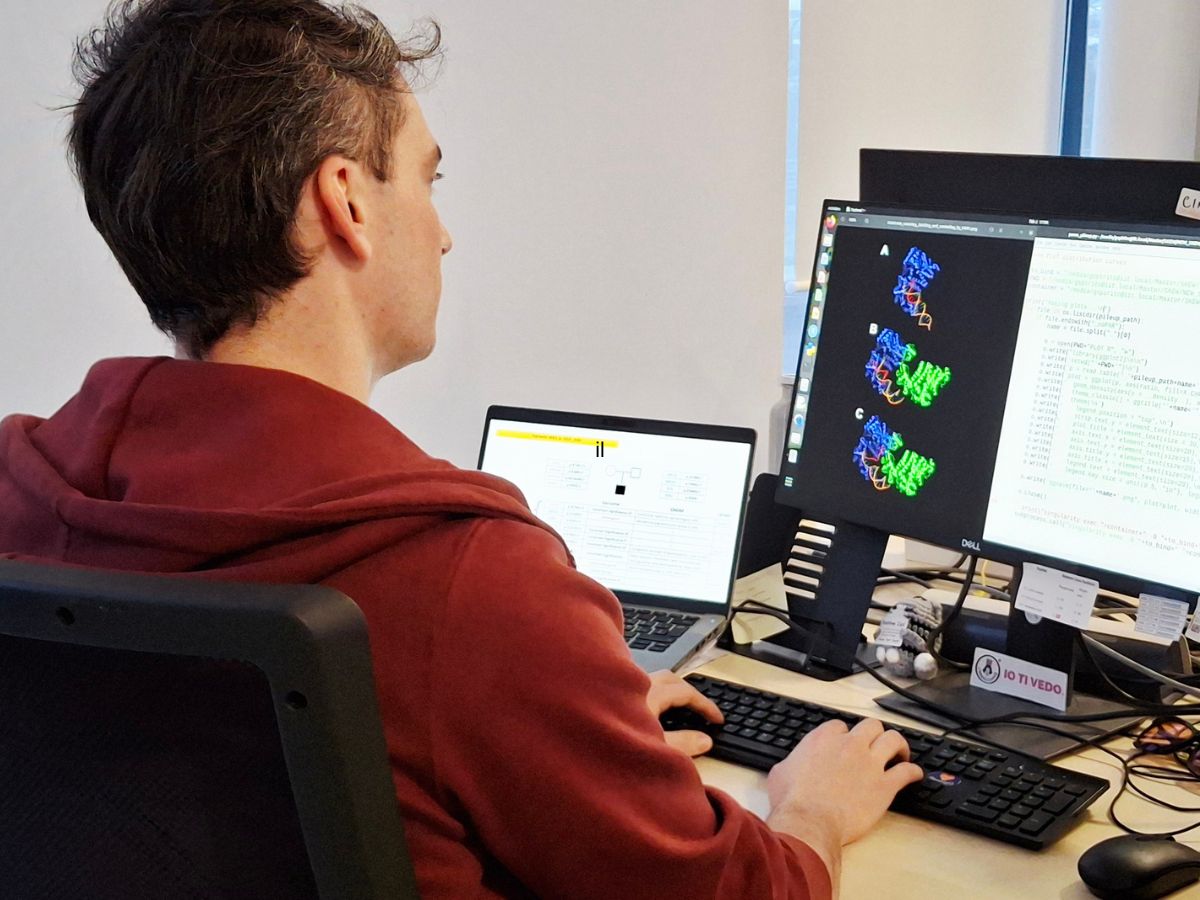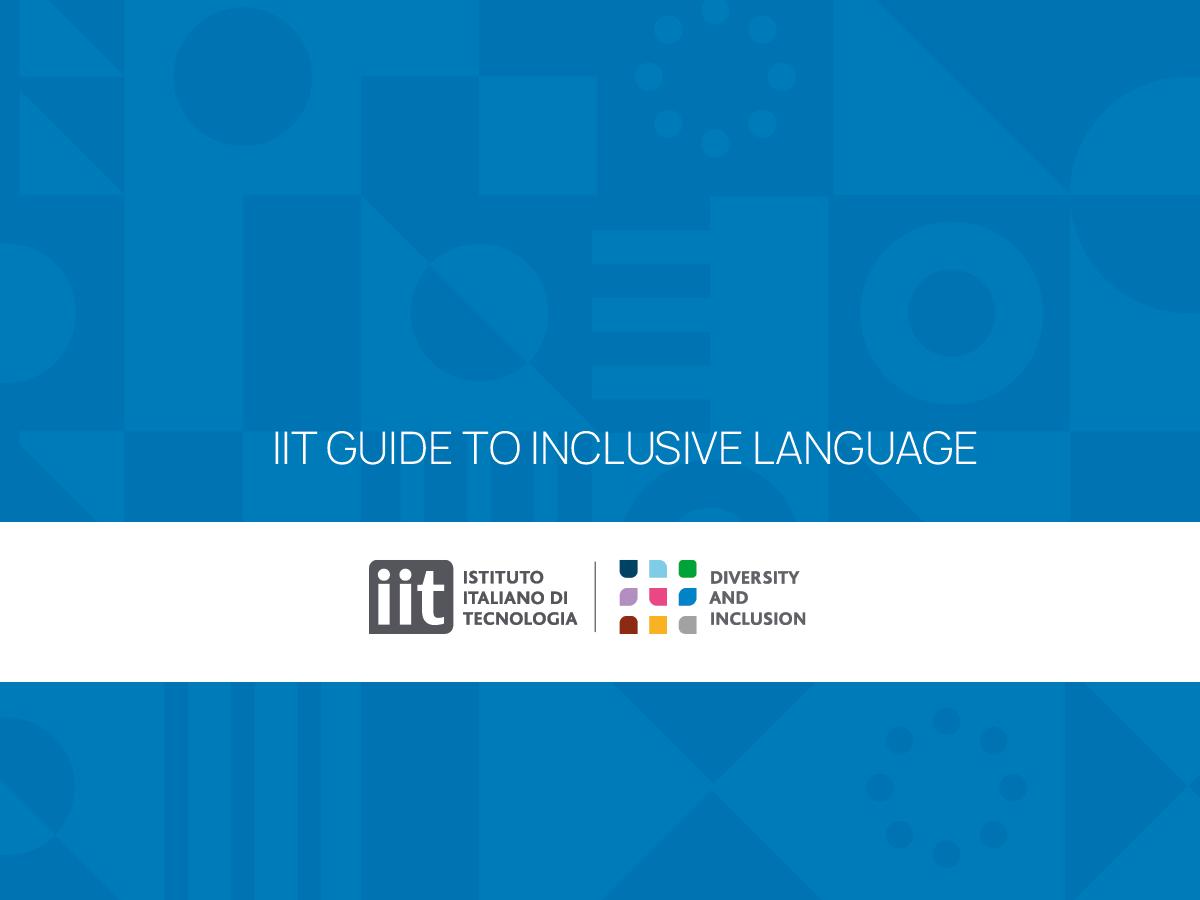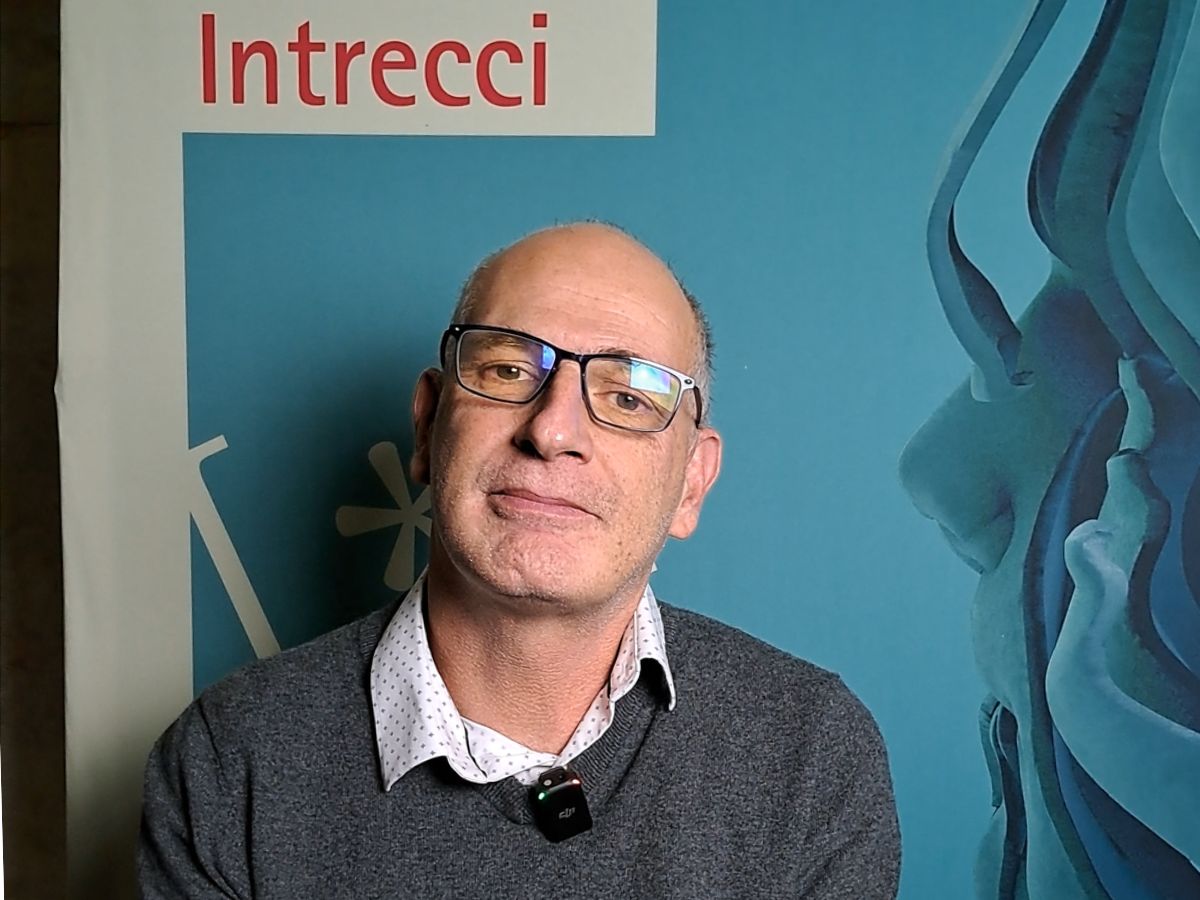An interview with Letizia Moratti, former Minister of Education, University and Research and President of the E4Impact Foundation
Dr. Moratti, when you became Minister of Education, University and Research in June 2001 and worked on the reform of the school system, what were the main points of the new courses?
Our school system was entrenched in the stereotype that only through Liceo Classico could one tackle university. At the same time, there was a great demand for “new” professions such as chemists, physicists and engineers. For this reason, we developed the idea of a school in line with the times and proposed English and computer science from the earliest years and that would also make our young people “fall in love” with mathematics and science. We launched experimental projects and financial relief for those who decided to enroll in faculties in those areas. At the same time, we also had the fundamental goal of having a university that would guarantee a gateway to the workforce.
Along with education, research was another important part of your sphere of competence. What was your vision of the Italian research system at that time?
The picture before us was not very encouraging. Scientific research in Italy seemed to be stuck on a dead end. For many, it was considered a sort of a fool’s errand. On the other hand, my colleagues in the government at the time and I believed that things could change, by giving research not only funding but also different connotations and missions. First and foremost, to commit into research and activities that proposed not only ideas but also concrete projects and, above all, solutions to help businesses and launch start-ups. The collaboration with the industrial world became a fundamental synergy, with also a view to attract private investments. Our idea was to create a virtuous circle, attractive to investors and talent from abroad.
Together with the then Minister of Finance Giulio Tremonti, you signed the founding act of Istituto Italiano di Tecnologia in February 2004. For the Italian research, this was an innovative initiative that followed similar international experiences. The operation aroused enthusiasm and support from the advocates of innovation but also skepticism and criticism from the more conservative sectors of the Academy. What was your position and what were your expectations for this important political and economic investment?
The government’s priority commitment at the beginning of the legislature was the promotion of innovation in companies through systemic aggregations in the territory. The aim was to increase the competitiveness of export-intensive production areas by relaunching them through research and technology development, the key to product, process and organizational innovations. Among other things, this territory had recently been “orphaned” by “heavy” state industry. It was from there that the idea of technological districts to serve the territory began to take shape, with a concept in discontinuity with the past.
We set up 11 high-tech districts and signed numerous agreements on the international level to launch research initiatives of common interest. For the first time, these agreements provided for reciprocal commitments, including financial ones, with the most important research institutions in the USA, Israel and Japan. On this basis, we began to plan the creation of a research institute of excellence that would contribute to the country’s scientific and technological development. In addition to the economic investment, we established guiding criteria that have proved to be successful, such as the growth and enhancement of human capital, excellence and meritocracy in research, multidisciplinarity, internationalization, public-private collaboration, plurality of funds and funding mechanisms, and evaluation of what has been done.
Today, after twenty years of activity, IIT has achieved most of the scientific objectives that were identified at the outset, supported by a successful technology transfer. Other centers like IIT have sprung up in the country. Meritocracy, internationalization and multidisciplinarity are among the cornerstones that underpin this model. Something has changed since that February 2004. Yours and Mr. Tremonti’s vision has shown their innovative scope over time. How would you respond to criticism today?
That all novelties must be assessed concretely, without prejudice and above all, especially for this experience, in the medium to long term.
Now, in the light of these experiences but also facing a poor economic outlook, what do you think the contribution of research should be?
Economic sustainability plays a key role. Making the best possible use of available resources is an objective that must never fail, especially if we want to continue to play a key role in the country’s scientific development. IIT has shown how one can excellently promote technological innovation and interact in a virtuous way with industry. We must continue along this path, aiming to grow, improve, accept new challenges, be innovative, pragmatic and forward-looking. Moreover, the new challenges for our research are very topical and fascinating: just think of the applications of artificial intelligence or the possibility of reducing energy consumption and combating climate change, not to mention the focus on health.
A sentimental note in conclusion. When you came to the point of deciding where to establish Istituto Italiano di Tecnologia, the headquarters were not set in Rome or Milan, but in Genoa on a basis of a whole series of widely shared logistical and territorial development considerations. Your parents are both from Genoa. Does IIT also represent a link with your roots?
Of course, I have a particular affection for all the places and territories that bring back memories of my family or my youth. The one with Genoa and other cities is a bond that not only I have always wanted to maintain but also cultivate. It is also for this reason that the anniversary of IIT is an additional reason of pride.






